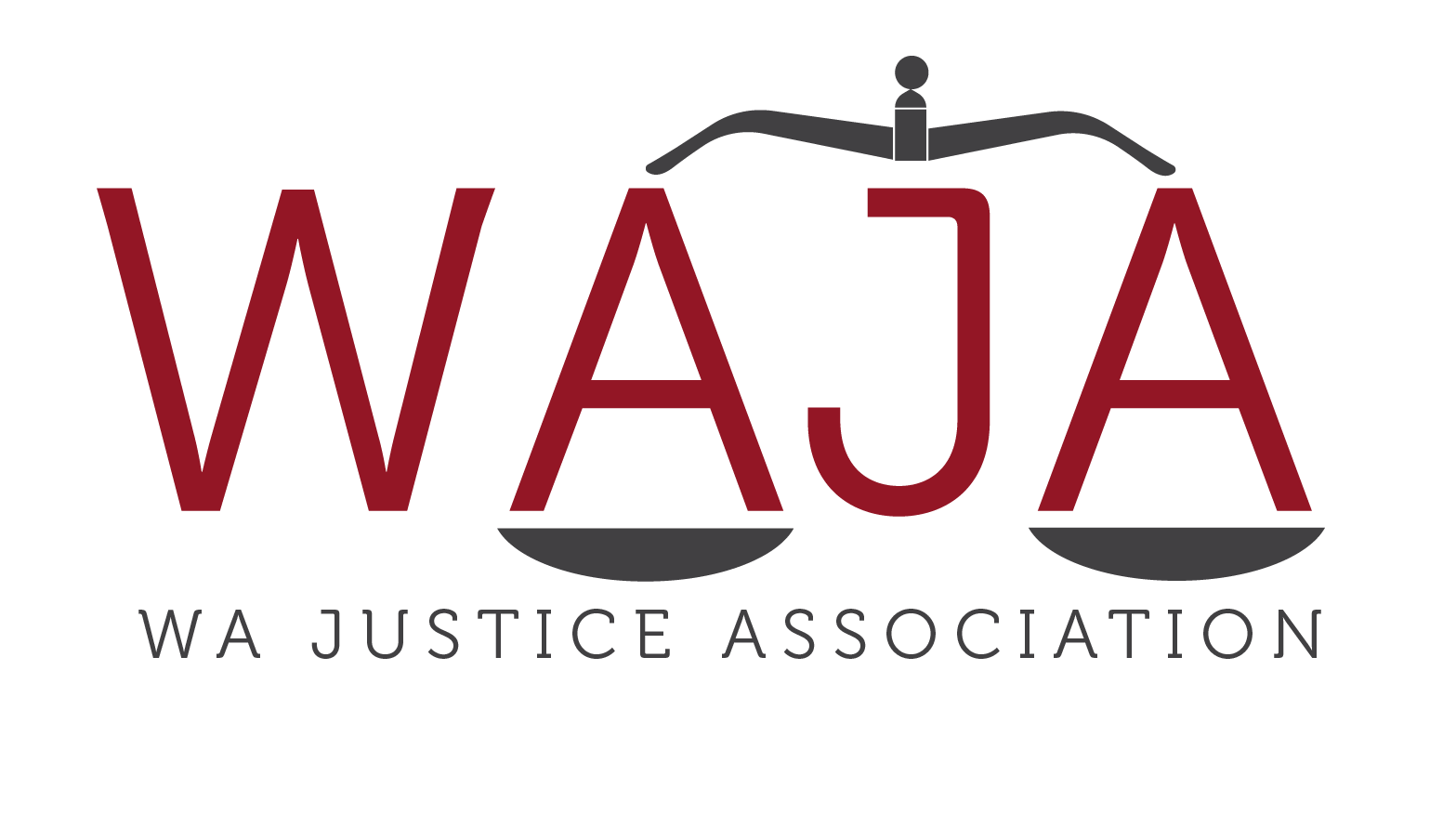Royal Commission into Violence, Abuse, Neglect and Exploitation of People with Disability
What is it?
The Royal Commission into Violence, Abuse, Neglect, and Exploitation of People with Disability recently released its Final Report, bringing together findings from April 2019 to September 2023. The comprehensive report represents a significant step towards addressing how to better prevent and respond to violence, abuse, neglect and exploitation of people with a disability in Australia.
The report drew on 7,944 submissions from people with disabilities, family members, and the Australian community to reveal a stark reality: people with disabilities are more susceptible to violence, abuse, neglect, and exploitation. The Royal Commission found people living with a disability experience higher rates of violence on a more frequent basis than people living without a disability. These rates are particularly high for women with psychological and intellectual disability, as well as First Nations people with disability.
What did the report recommend?
The Final Report discusses the vision for an inclusive Australia, in which people with disabilities can live free from violence, abuse, neglect, and exploitation, and live with dignity, equality and respect. The Final Report makes 222 recommendations to achieve this vision. These recommendations aim to realise the human rights of people with disabilities, enable autonomy and access for people with disabilities, and achieve inclusive education, employment and housing. In particular, the Final Report makes important recommendations for people with disabilities and the criminal justice system.
What does this mean for the criminal justice system?
The Report highlights that the criminal justice system is ill-equipped to support people with disabilities. Certain disabilities, such as mental impairment, are often associated with greater exposure to health risk factors which include substance abuse, and social risk factors such as homelessness and education. The combination of these disadvantages increases the chances of a person being involved with the criminal justice system.
The Report states that people with disabilities are significantly overrepresented at every stage of the criminal justice system, particularly First Nations people with cognitive disabilities. The Report also identified children with disabilities in youth detention are at increased risk of exposure to violence, abuse, neglect and exploitation, as well as future involvement in the criminal justice system. WAJA’s research has found that a large portion of children detained in Western Australian prisons have feotal alcohol spectrum disorder (FASD) and their cognitive difficulties contribute to their involvement in the criminal justice system. These individuals require a tailored approach to address their unique needs.
The Report found existing diversion and early intervention programs are failing to reach people with disabilities when they encounter the criminal justice system. The report emphasised the need for improved screening and identification of disabilities in criminal justice setting, as well as alternative reporting pathways and improved police responses. To achieve these goals, the National Disability Insurance Scheme and the criminal justice systems’s responsibilities need to be clarified to provide better support and prevent people from ‘falling through the cracks’.
References
Commonwealth, Royal Commission into Violence, Abuse, Neglect and Exploitation of People with Disability, Final Report (2023) <https://disability.royalcommission.gov.au/publications/final-report>
WA Justice Association, 'Raise the Age' (Campaign Discussion Paper, 2020) <https://static1.squarespace.com/static/5feaa16452f617203ba291a2/t/608b767c7dadbb5e55354081/1619752628136/WAJA+Raise+the+Age+Report+2020+%282%29.pdf>
WA Justice Association, ‘Justice Delayed is Justice Denied’ (Report, 2022) <https://static1.squarespace.com/static/5feaa16452f617203ba291a2/t/634e91ca15ff5f1098f802e8/1666093598844/Justice-is-Delayed-Justice-is-Denied-Report.pdf>

